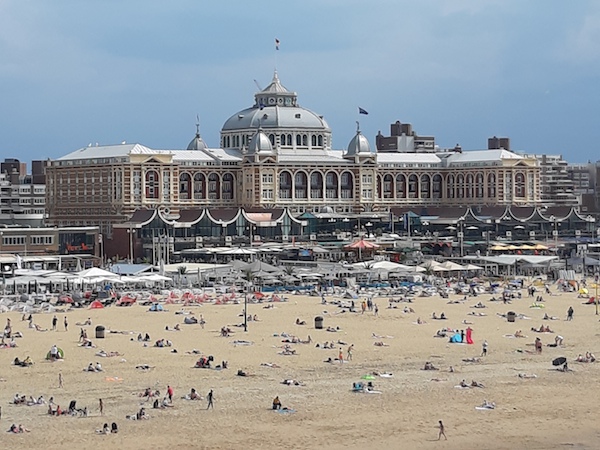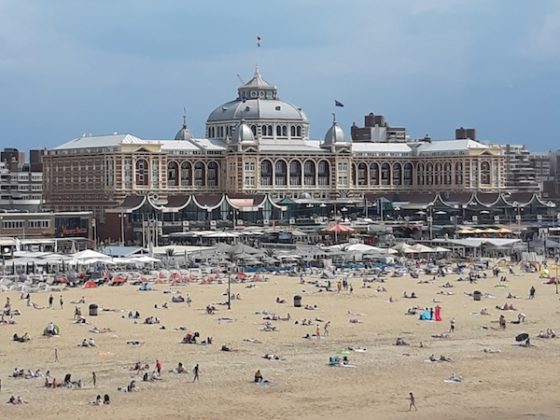A fine summer ahead but there are pitfalls: what the papers say


With travel restrictions about to be relaxed, Dutch papers and news websites have turned their attention to the prospects for what health minister Hugo de Jonge termed a ‘fine summer’.
Travel agents have already warned that there will be little choice for those looking for an all-in deal, and tour operators association ANVR told broadcaster NOS that there are currently very few countries open to Dutch tourists anyway.
The big difference, when the blanket restrictions are lifted on May 15, is that travellers from Finland, the Portuguese mainland and some Spanish and Greek islands will no longer have to go into quarantine or be tested on their return.
When it comes to the summer, much will depend on whether or not the European Union’s coronavirus passport, which indicates whether the carrier has been vaccinated, has a negative test or immunity through a recent infection, is ready to be used, the broadcaster said.
People who want to book a holiday and do so via a tour company will get their money back if the trip has to be cancelled because of a rise in infections, the ANVR said. But the same may not apply to people who make plans independently, the organisation warned.
The Volkskrant points out that a foreign holiday could end up costing the average family hundreds of euros in compulsory coronavirus tests. Health minister Hugo de Jonge has already said the government will not pick up the bill because ‘holidays are not essential, no matter how much fun they are.’
However, some tour operators, such as TUI, Sunweb and Corendon, are offering customers a discount on a commercial coronavirus test, the paper said.
Italy and Spain
The NRC has a list of options for the Dutch traveller who wants to travel to foreign climes. Most of Italy, it points out, will be open to tourists with an ‘unofficial’ coronavirus passport, with hotels, beaches and amusement parks open and the curfew, currently 10pm, poised to be extended to midnight or beyond.
France too is poised to launch a €10m campaign to encourage foreign tourists to return, and Dutch people can travel to Spain’s Balearic islands without a negative test as well. Mainland Spain, the paper points out, does require a negative test.
For those who decide to go way by car, the AD warns motorists that the maximum speed limit in almost all Spanish towns and villages has been reduced from 50kph to 30kph, and as low as 20kph in the oldest settlements.
And those who don’t stick to the rules, face fines of between €100 and €600.
Autumn
News website Nu.nl turns its attention to the likely situation in the Netherlands after the summer holidays.
Bert Niesters, professor of medical microbiology at the University of Groningen, told the website that once everyone has been vaccinated twice, things will go in the right direction and ‘we can all celebrate Christmas together… without keeping to 1.5 meters and with a lot of people.’
Frits Rosendaal, professor of clinical epidemiology at Leiden University’s teaching hospital, said he did not think indoor events with thousands of visitors would be possible in the autumn, but that apart from that ‘everything would be more or less back to normal’.
Both professors expect mass testing centres will disappear in the autumn but that commercial tests will remain an option for people who want to travel abroad without being vaccinated.
‘But what will remain for many years to come is annual vaccinations,’ Rosendaal said. ‘The question is whether only people over the age of 65 are vaccinated, or younger people as well.’
Thank you for donating to DutchNews.nl.
We could not provide the Dutch News service, and keep it free of charge, without the generous support of our readers. Your donations allow us to report on issues you tell us matter, and provide you with a summary of the most important Dutch news each day.
Make a donation